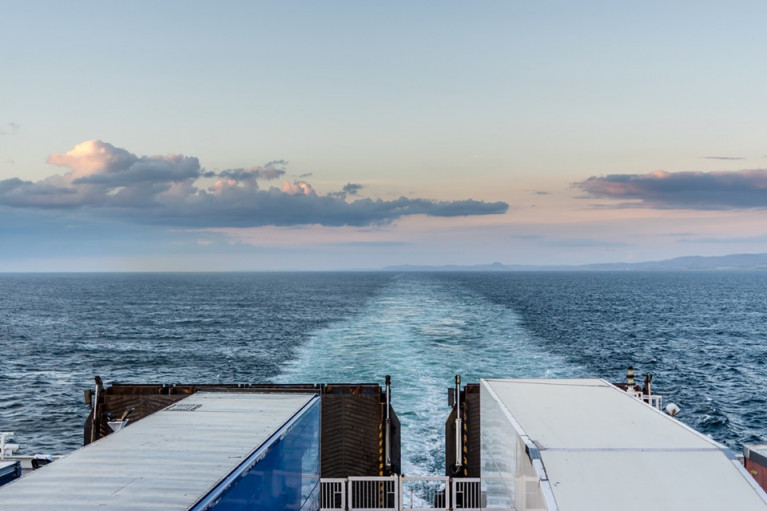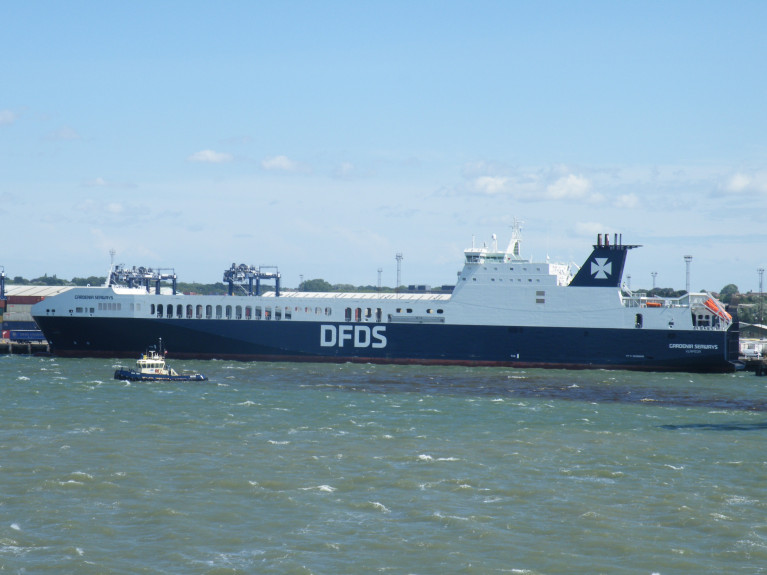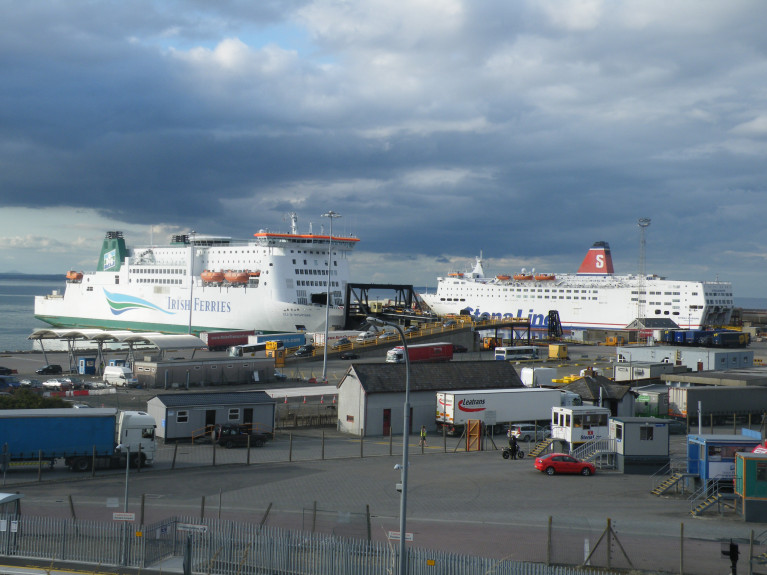Displaying items by tag: Ferry Firms
Ferry Operators Reject Claims of Forcing Freight Drivers to Share Cabins
Ferry operators are denying claims truck drivers have to share cabins with people they do not know.
Wexford TD Verona Murphy, former president of the Irish Road Haulage Association, said she has been approached by drivers who have made the claims.
She called on Taoiseach Micheál Martin to make sure that no truck driver has to share a cabin with somebody they do not know.
She said that drivers she has spoken to have claimed they are refusing to share with other drivers, and are then having to sleep on chairs or the floor instead.
More from the Irish Examiner here.
Ferry Operators Handed £77.6m in UK Government Post-Brexit Contracts
Ferry firms involving four operators have landed UK government contracts worth a total of £77.6m to provide post-Brexit freight capacity.
Brittany Ferries, DFDS, P&O Ferries and Stena Line, according to BBC News, will have the job of ensuring medical supplies and other vital goods continue to get to the UK.
The government says it wants a smooth flow of freight "whatever the outcome of negotiations with the EU",
Contracts will be in place for up to six months after the Brexit transition period ends on 31 December.
The additional capacity will be on quieter ferry routes between mainland Europe and UK ports in Felixstowe, Harwich, Hull, Newhaven, Poole, Portsmouth, Teesport and Tilbury.
Response of Ferry Firms to Concerns of West Cork Locals Reporting Rise in Visitor Numbers
Among communities of West Cork towns there are growing concerns as people make their way to holiday homes and caravan parks this week, despite the 2km radius travel restriction put in place by the government.
Locals took to social media, reports EchoLive, to express their concerns and reported seeing an increase in UK vehicle registrations in coastal areas of the county.
Ferry companies who are still operating between the UK and Ireland have advised that passengers should only travel for essential purposes.
Simon Palmer, Communications Manager for Stena Line, which is still operating its ferry service from Fishguard in Wales to Rosslare Harbour in Wexford, said that passenger numbers over the Easter weekend were low.
Speaking to The Echo, he confirmed that a total of 26 passengers are due to arrive into Rosslare on Stena Line ferries over the weekend.
Five passengers are due to travel on Saturday, seven on Sunday and fourteen on Monday.
He said that those passengers who have already travelled to Ireland from Wales were deemed to be taking essential travel.
More on the story including a response from an Irish Ferries spokesperson on the situation click here.






























































